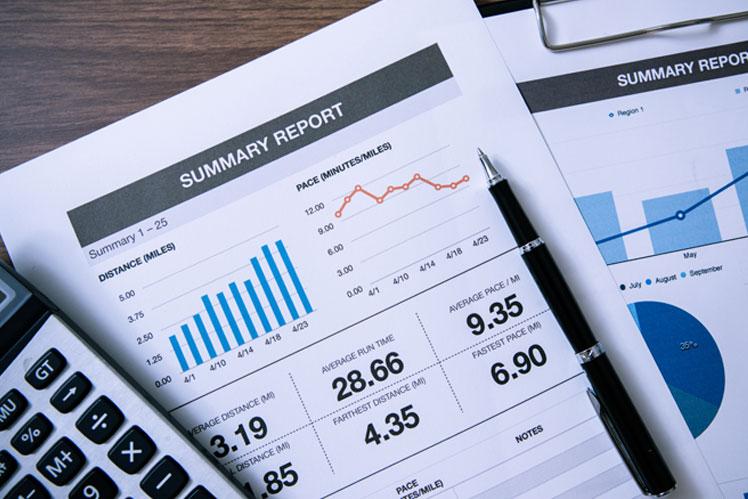A Point In Time
There are moments in time when significant economic shifts occur that alter the future. One such moment occurred in late August 2019 at the close of the Jackson Hole Economic Symposium. This is an annual and exclusive central banking conference to foster open discussion about important and current policy matters.











